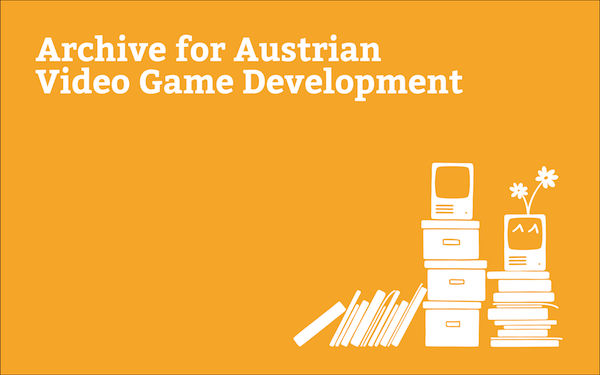Archive for Austrian Video Game Development

We just recently (i.e. 1st of March 2013) officially announced the Archive for Austria Video Game Development to the public. It is a project that has been cooking for some time now, and it is worked on by the kind people who also organise the Austria Game Jam (which was a blast this year, haven’t found the time to write about it yet, though).
We started working on the initial concept back in 2011 or 2012, and I spent some time last summer to research the technical aspects and decide on the platform to use. We then approached the a software engineering lab course here at the Vienna University of Technology and found a group of motivated master students to develop an initial prototype of the platform with us.
But before I dive into the technical details, let me give you an overview over what we set out to do: With the Archive for Austrian Video Game Development, we want to preserve the history of Austrian video game development. That is, collect and preserve data about the games (of course) but also about the developers, companies and organisations behind them. Various archives exist for “established” cultural forms, but not so for games, at least not in Austria, at least not yet.
Establishing an Archive is a long term endeavour. There is no point in doing it if we were to quit after only a few years. This longevity is one of the major challenges of this project, and we are well aware that we can only reach this longevity through strong partners. We drafted a preliminary roadmap that reaches about 15 years into the future, to make sure the archive is still alive and well in 50 or 100 years from now.
Right now we are in the early stages of this project. Limited operation of the first prototype will start in the following weeks. Through this prototype we hope to learn more about the requirements of the platform. What data to collect, how to present it and how to structure it.
Developing the technical infrastructure alongside is also a major challenge. We are building on Ruby on Rails with a standard relational database, with a focus on behaviour driven development with automated tests. On the top level we use cucumber to write executable specification in a simple user domain language, which so far worked pretty well, even though getting into the habit of test first development, especially with an additional layer of tests, was quite hard.
Unfortunately I didn’t find the time yet to translate the little information material we have right now to English, so the preliminary website has only German info so far. Stay tuned for our lunch of the platform in the coming weeks, and hopefully we are still around in 100 years. :D